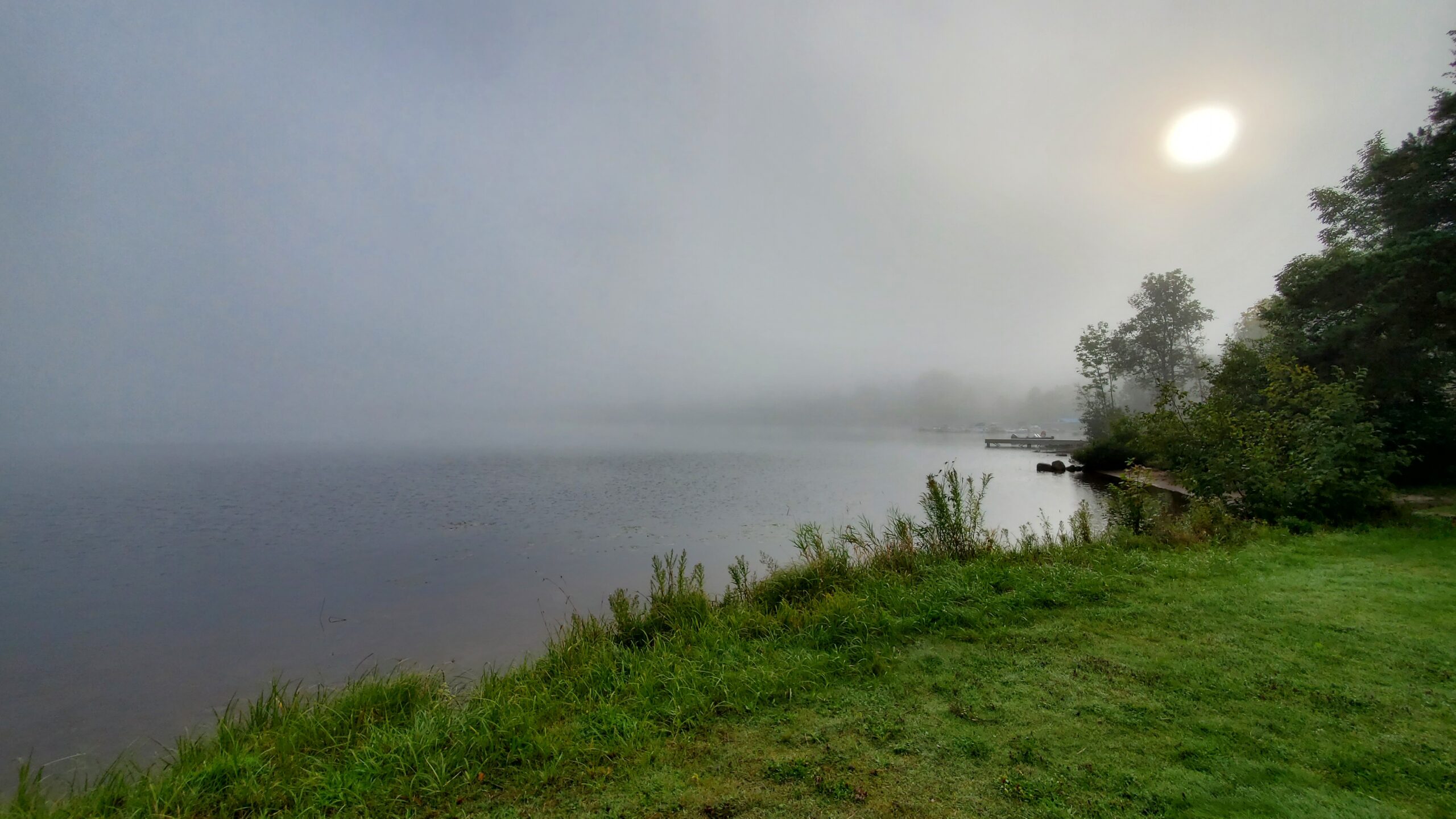Three internationally-celebrated environmental awareness days are taking place this week.
March 20 is World Frog Day, followed by International Day of Forests on the 21st, capped off with World Water Day on the 22nd.
Each of the days falls within a different, but connected aspect of the Muskoka Watershed Council’s (MWC) purview.
Rebecca Willison, Watershed Planning Technician for the organisation, says it’s a good chance to focus on what we have all around us.
“I think it’s just an opportunity to appreciate what we have in abundance here in Muskoka. We have a lot of water, we have a lot of forest, and we have a lot of frog species,” says Willison. “But [those] might not be top of mind. So it’s kind of a chance to look around, learn about what you’re seeing, and start to appreciate a little bit more.”
According to Willison, there are 10 species of frog in Muskoka. She says one of the most ubiquitous sounds during springtime in Muskoka is the call of the tiny Spring Peeper treefrog. While singular calls are easily missed, groups of them singing together can even be heard indoors.
“Frogs are important to the local ecosystem, because they’re kind of an indicator species. They’re so impacted by what’s going on in the environment, because they absorb oxygen through their skin,” says Willison. “It gives us an idea of how well our overall watershed health is by keeping track of frog species.”
As for forests, Willison says you don’t have to look far to recognize their importance locally.
“Our forests provide a lot of goods and services for us, from cleaning the air and water, protecting against erosion, helping protect against flooding, [providing] habitat for Muskoka’s wildlife,” says Willison. “But they also provide materials that help us heat our homes, building materials.”
As such, Willison says it’s of paramount importance to harvest materials sustainably. She credits Westwind Forest Stewardship, which manages crown land forests in our region, for making sure that is the case.
Finally, World Water Day is a chance to focus on protecting our groundwater, which Willison says makes up most of the world’s freshwater.
“One of the important things to keep our groundwater supplies healthy is proper maintenance of wells, but also things like protecting our wetlands and other groundwater recharge areas,” says Willison. “Maintaining the natural vegetation across our watershed really helps to slow the flow of water down, and allows it to soak into the ground.”
Part of that is keeping toxins out of the groundwater by properly capping off any wells, and properly decommissioning those that are not in service, as well as keeping trash out of our waterways.
Willison encourages people to make a difference in whatever way they can.
“I think one thing that people can do is get involved in some of these citizen science monitoring programs,” says Willison. “Because that data does feed into scientific studies, and helps develop policy on how to protect our forests, and our water, and our amphibians.”
More information on how to get involved can be found at the Muskoka Watershed Council’s website.



